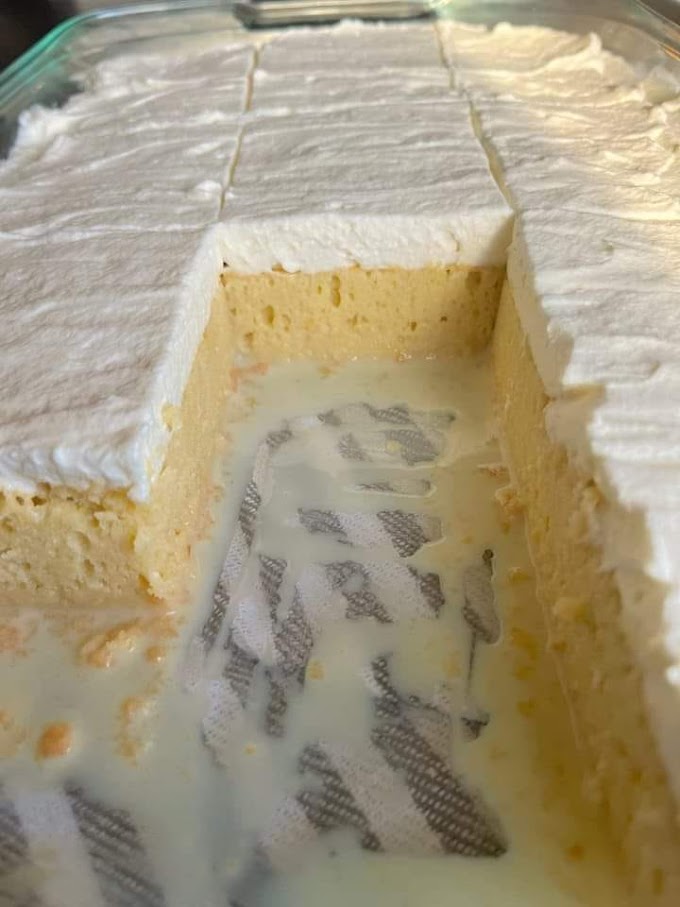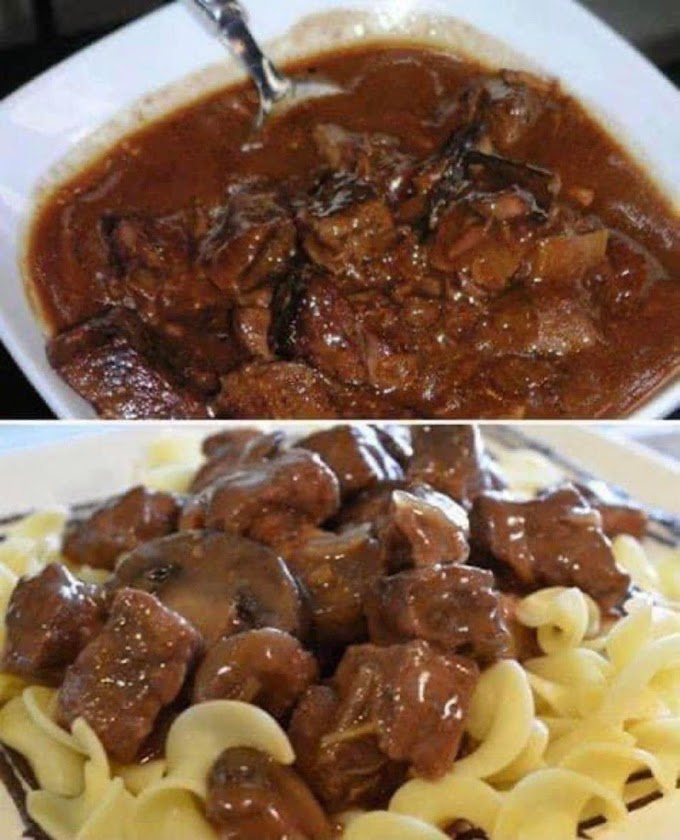7. Install wasp-repelling plants: Some plants have a strong scent or other deterrent features that naturally keep wasps away. Plants like mint, eucalyptus, citronella, and wormwood may deter wasps from your garden and other outdoor areas. These plants are not only attractive, but they also serve as natural pest deterrents.
8. Hang fake nests: Wasps are very territorial bugs that will avoid regions where they believe there are competing wasp nests. To prevent wasps from establishing nests on your property, place imitation nests in prominent spots to give the impression that the area is already in use.
9. Use wasp deterrent sprays: You may get commercial wasp repellent sprays with components like peppermint oil and clove oil on store shelves. These sprays provide odors that are offensive to wasps, deterring them from entering your home. Always read and follow the manufacturer's directions when using a new product.
10. Make use of traps: You can set up wasp traps to capture and eliminate individual wasps in your immediate area. Typically, these traps contain a tasty liquid or enticement that lures wasps into the trap, where they become ensnared and unable to escape. Remember to position the devices at a safe distance from your living and working spaces.
11. Hire a professional: If you have a severe wasp infestation or are unsure of how to handle them on your own, you should contact a professional pest control company. They have the knowledge, experience, and equipment to remove wasp nests safely and provide long-lasting solutions to keep your residence wasp-free.






